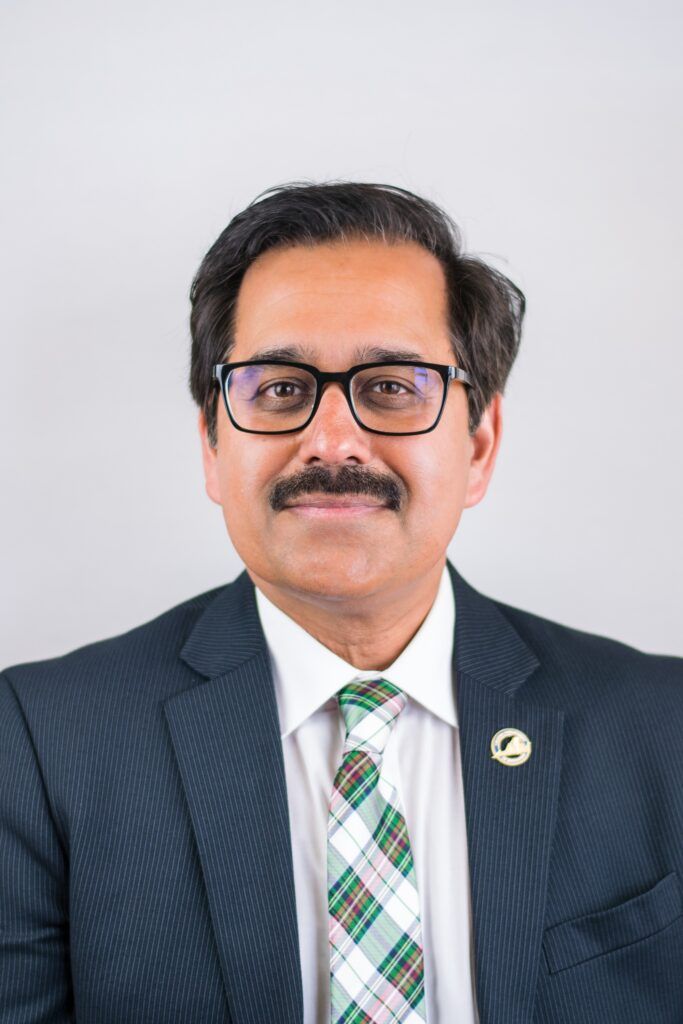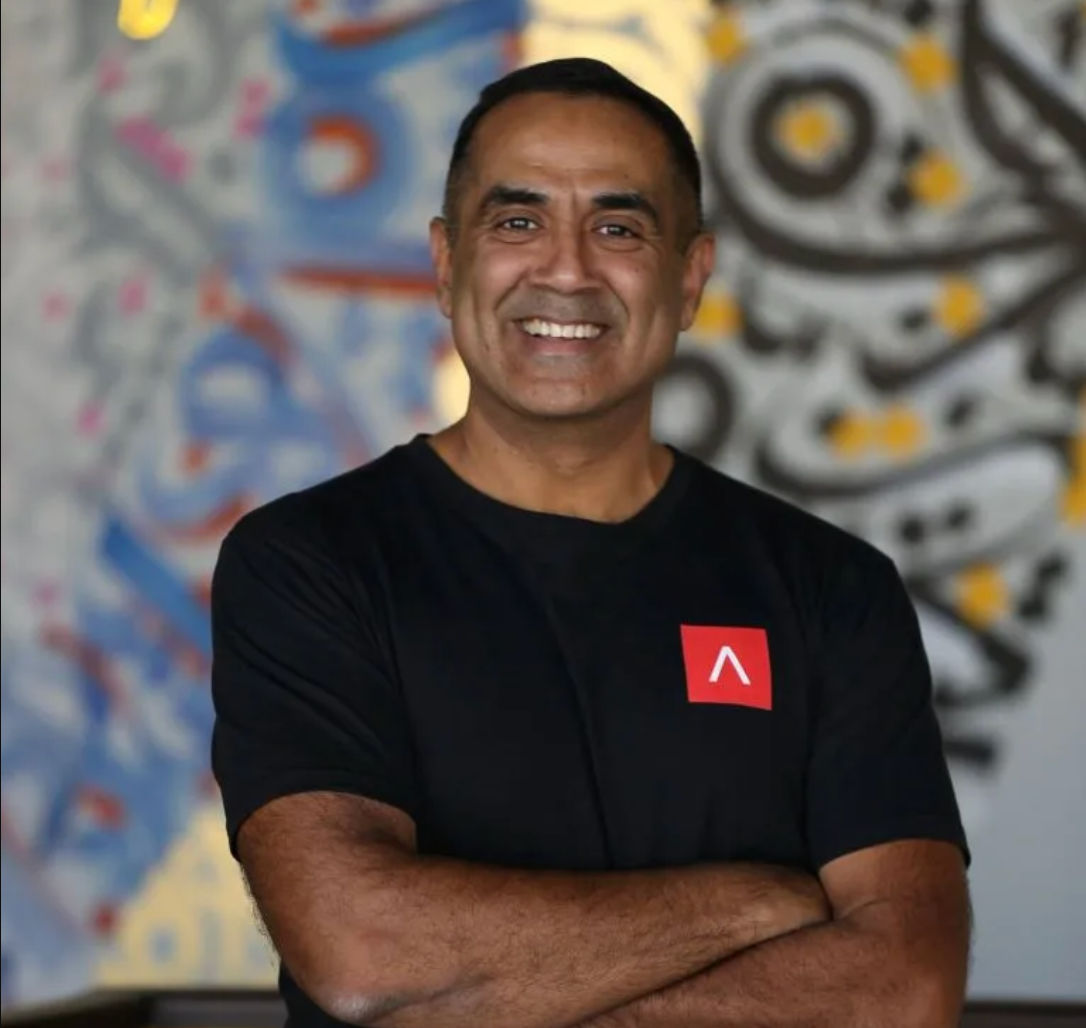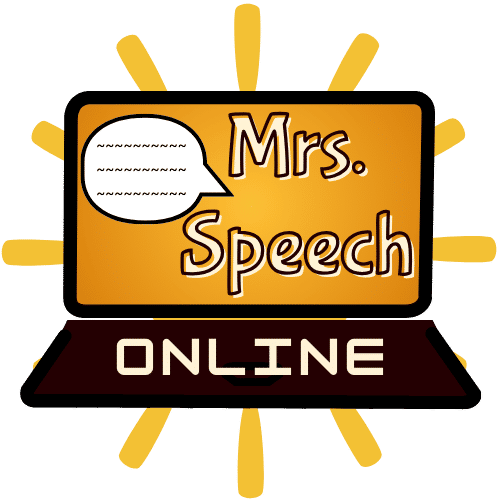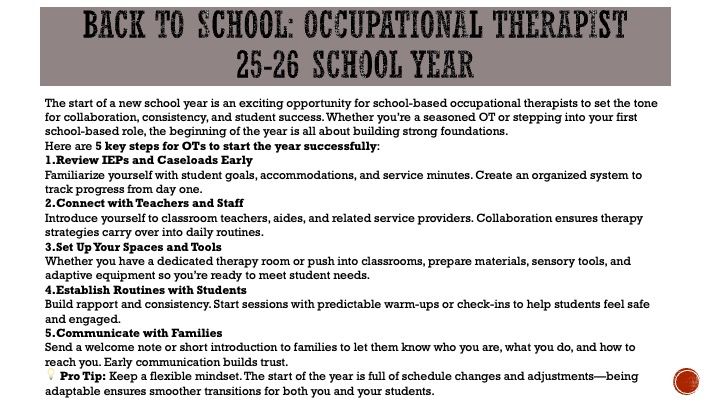

Here are five of the most influential speech therapy (SLP) professionals and educators on social media today, why they stand out, and how you can follow them:
Here is a resource guide for beginning speech therapist who are in a school tele-therapy setting.
5 Great Summer Options for School SLPs: Start P...
5 Great Summer Options for School SLPs:
https://www.activitytailor.com/summer-options-for-school-slps/

If you’ve been following me here for a while, you already know the kind of work I’m passionate about.
I’ve shared updates, ideas, and small wins over the years, but today feels a little different.
This time, I wanted to take a step back and share more about why I’ve been on this journey, and what I’ve learned from the incredible people I’ve had the chance to work with and listen to.
I’ve lost count of how many times I’ve heard this sentence:
“I love the work. But keeping up? That’s a different story.”
It’s almost a universal language among school-based therapists.
SLPs and OTs, you know exactly what I mean.
Documentation piling up.
Sessions back-to-back.
IEPs.
Meetings you didn’t even know about until someone pulls you out of your room.
Every time I sat with a therapist and listened to their day-to-day struggles, I couldn’t help but think of my own family, people close to me who are SLPs themselves.
I saw how they came home exhausted, not because of their students (they love their students), but because of everything else.
And honestly? That hit me hard.
Talented, passionate therapists doing everything right, yet stretched so thin that burnout wasn’t just a risk, it felt inevitable.
That’s what sparked my drive to build something different.
Not just another tool.
Not just another platform full of shiny features.
We focused on one thing: respect.
Respect for therapists’ time, their energy, their expertise.
We wanted to give back a sense of control, to cut through the noise and let therapists focus on what matters most: their students.
So if you’re reading this and feeling like you’re carrying too much right now…
Please know: you’re not alone, and it’s not your fault.
The system isn’t built to make it easy for you. But I believe it can change.
With better tools. With smarter systems. And with real conversations that keep pushing things forward.
That’s been my mission, and it’s far from over.
Here’s to doing the work we love, without losing ourselves along the way.
SPECIAL EDUCATOR|TLM SPECIALIST|CPD|ASDAN|ABA INTERVENTION|AAC INTERVENTION.
In the world of special education, communication is the foundation for meaningful growth. ✨
Recently, I worked with a vibrant 5-year-old student named Adam. Although he could vocalize words, he struggled with purposeful communication. His needs for toys, food, and assistance often went unmet simply because he lacked an effective way to express them.
Through the use of Functional Communication Training (FCT), we introduced structured, meaningful alternatives to his communication attempts. By teaching Adam simple, functional phrases paired with visual supports, we opened a door, empowering him to replace frustration with connection.
Functional communication isn't just a strategy; it's a critical step toward autonomy, dignity, and learning.
Today, I’m sharing a glimpse into how FCT can transform a child's world, one request at a time.
Hidden Battles: How TMJ Gave Me Insights on Emp...
I've recently published a new blog post reflecting on the often-invisible challenges our students navigate daily. Drawing from my personal experience with Temporomandibular Joint (TMJ) issues, I explore how physical discomfort, sensory sensitivities, anxiety, and other factors can significantly impact a student's ability to learn and thrive. This reflection underscores the critical importance of empathy and a holistic understanding of our students' experiences in educational settings.
You can read my full thoughts here: https://mrsspeechonline.blogspot.com/2025/04/hidden-battles-how-tmj-gave-me-insights.html

"bilingual children talk later"
I hear this ALL the time and it is NOT true! Early language milestones are similar for bilingual and monolingual children. If a child is not meeting these milestones, you should talk to a speech-language pathologist!
What questions do you have about bilinguals?
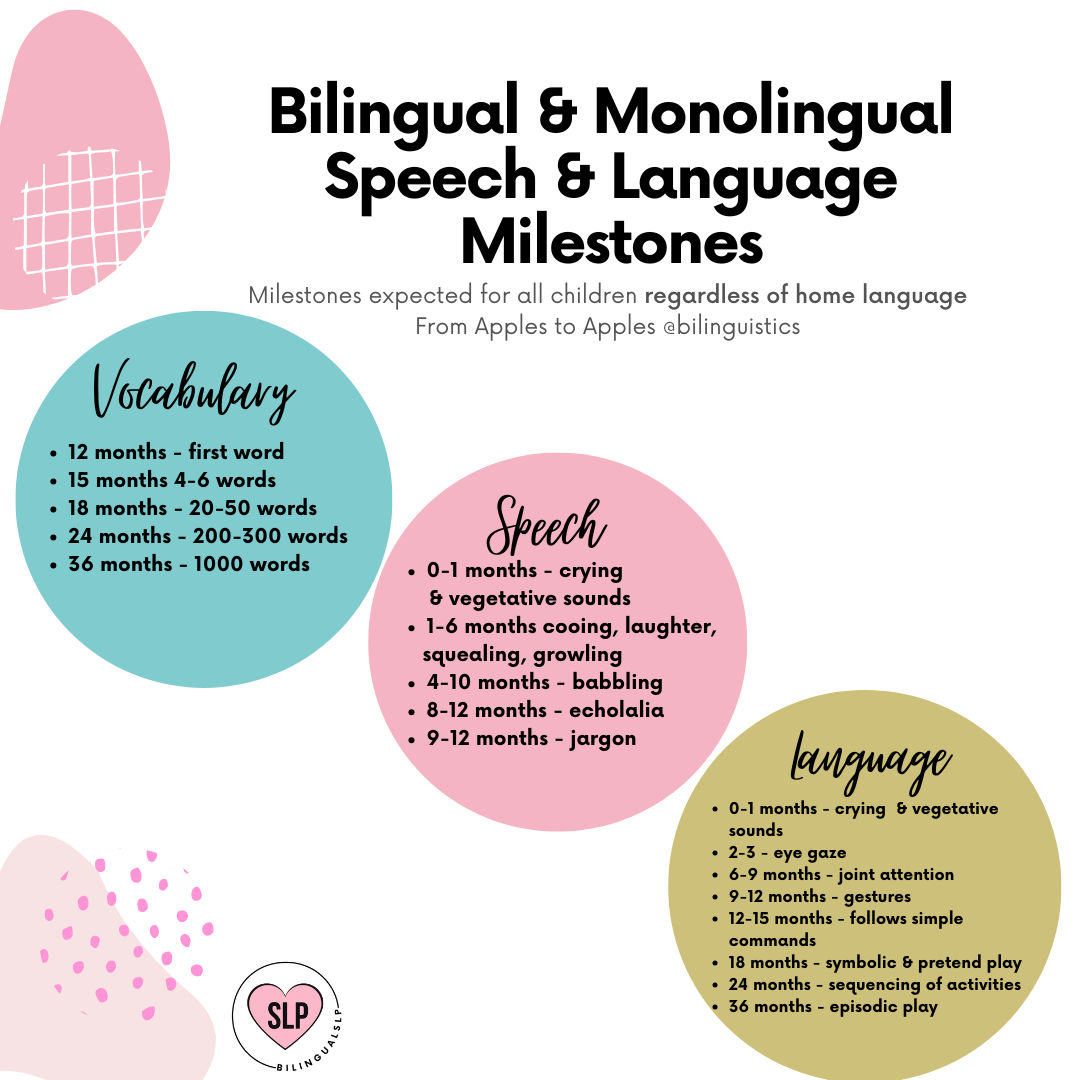
SPECIAL EDUCATOR|TLM SPECIALIST|CPD|ASDAN|ABA INTERVENTION|AAC INTERVENTION.
Why Is He Always Throwing Things
When I first met Ayaan (name changed), a 5-year-old autistic boy in my classroom, his days were filled with unpredictability, for both of us. He would run to the door multiple times, throw toys across the room, and burst into giggles at seemingly random moments. Verbal instructions didn’t land. He seemed inattentive, overwhelmed, and unreachable.
One morning, as I was picking up the same toy he had thrown for the fourth time, I paused and asked myself: "What if this isn’t misbehavior? What if this is a cry for structure?"
That simple question changed everything.
We started small: a visual schedule with just four steps, a consistent arrival routine, and movement breaks between tasks. Within weeks, he began checking the visual chart on his own. The throwing lessened. He stayed longer at the table. And for the first time, he waited in line during snack time.
It wasn’t magic. It was predictability, and it made his world feel safer.
